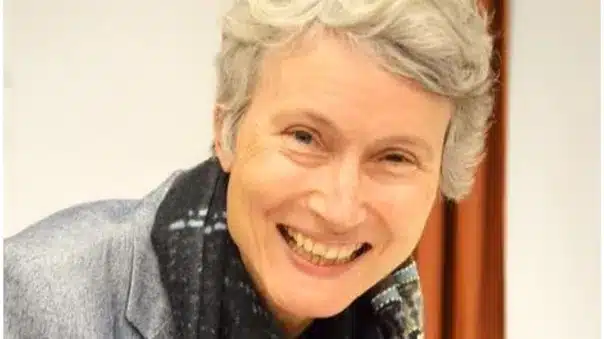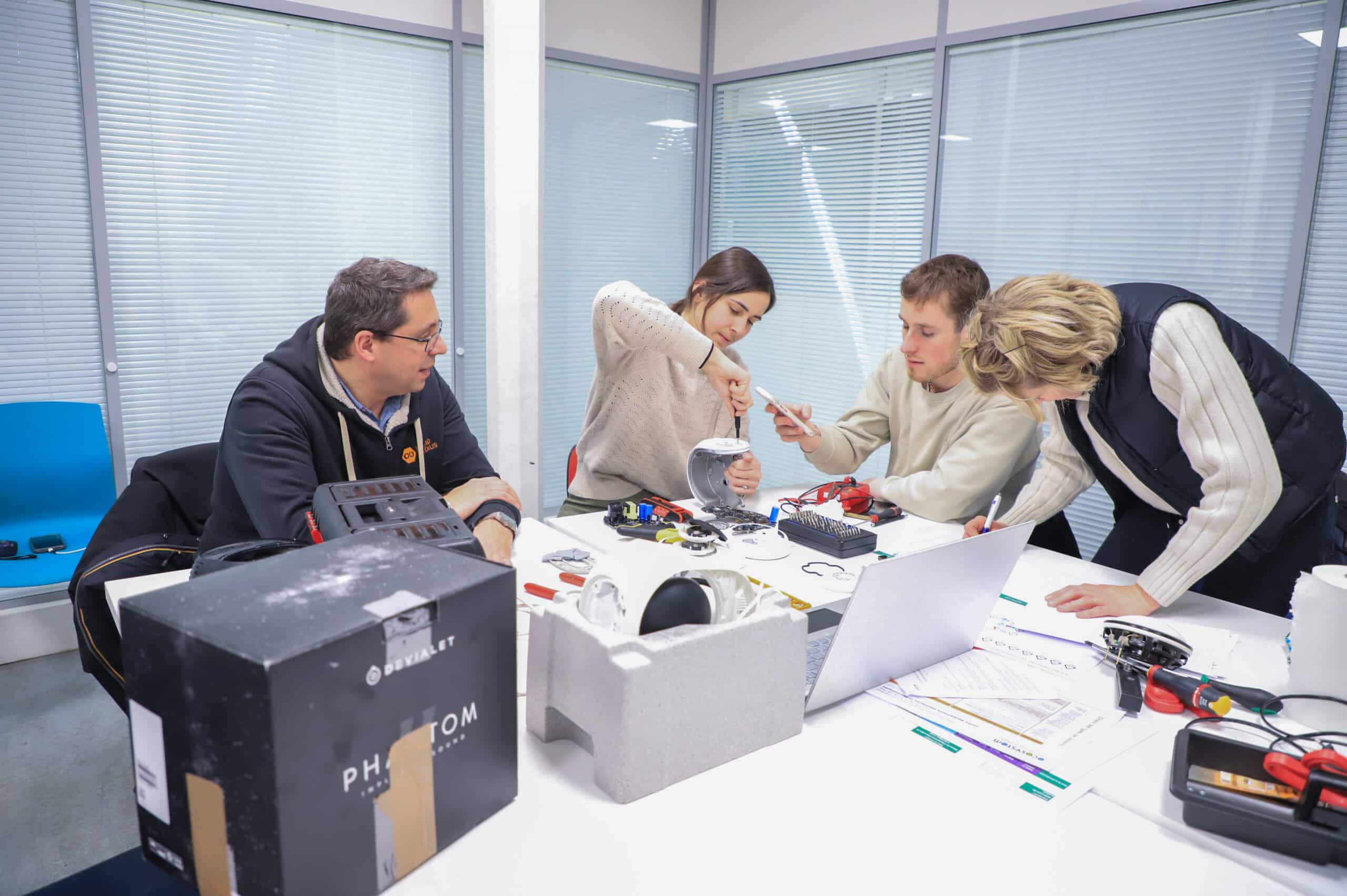Admissions, courses and opportunities: interview with Cathy Descamps-Large, Deputy Director of ISIGE


The work-study program is usually a pre-employment program. Our alumni become environmental consultants, sustainable development officers…
Cathy Descamps-Large, Deputy Director of ISIGE
The MS Expert en environnement et développement durable (EEDD) is Mines Paris‘ historic master’s program. It was launched in 1992 under the name IGE (Ingénierie et gestion de l’environnement). It is aimed at students wishing to work in France in large French companies or environmental consultancies. As for the MS International Environmental Management (Envim), it was born in 2007 out of a partnership between Mines Paris and Tsinghua University in Beijing. Envim is now oriented towards Europe and the rest of the world, with Pennsylvania University as a partner, and is run entirely in English. Students come from North America, Asia and the Middle East, with a small majority from France.
Two things in particular appeal to Envim participants: learning how to develop the ecological transition within the Green Pact for Europe and the major differences with emerging countries; and opening up to the complexity of the issues at stake and the adaptation of the Paris agreements. MS EEDD students are especially motivated by the implementation of the ecological transition within companies and territories.
Applicants must have a 5-year higher education diploma (bac+5); some foreign students have a 4-year higher education diploma plus some professional experience. The majority are engineers with a Master of Science degree. We also welcome applicants from business schools, economists and masters in political science, finance and law. Selection is based on an application and interview. The MS Envim has around twenty students; the MS EEDD around thirty. These small groups ensure a high level of supervision.
Envim lasts 12 months (14 for the China option), with courses running from January to the end of May, followed by a 5-6 month internship. EEDD is a work-study program, from September to mid-April, three weeks at the company, three at ISIGE, then 4 months at the company to finalize the thesis. In addition to coursework, students are given practical case studies and a “fil rouge” project, in response to requests from companies or organizations. This year’s “fil rouge” project focuses on the company’s transition to the economy of functionality: the idea is no longer to sell a product, but a service. The company retains the object, ensuring its maintenance and reparability.
There are a lot of opportunities, and companies are all faced with changing European environmental regulations. Today, 70% to 75% of Envim students are in work between their thesis and the grading committee one month later. The work-study program is most often a pre-employment period. Graduates become environmental consultants, sustainable development project managers, junior environmental project managers, environmental strategy analysts, etc. One alumnus with a degree in political science, for example, now works in risk management for a fair trade NGO; another, an economist in the banking sector, works from Paris on responsible finance projects in Africa…
Read the article on Le Figaro Étudiant

The ” Ecodesign in reality “educational project , developed by the Institut supérieur d’ingénierie et de gestion de l’environnement (ISIGE), the FabL...